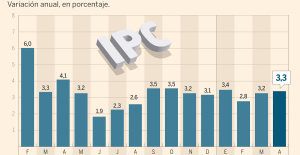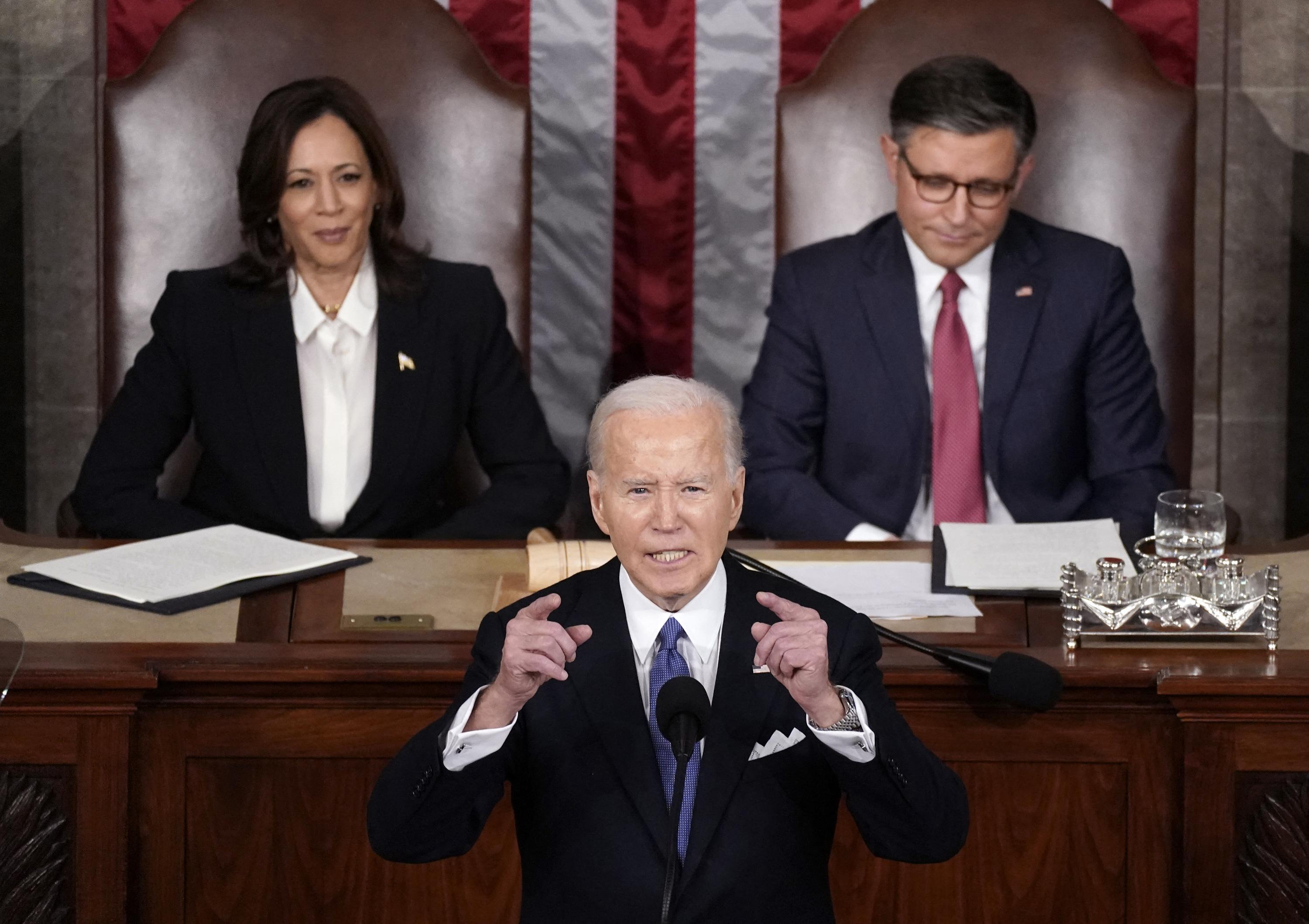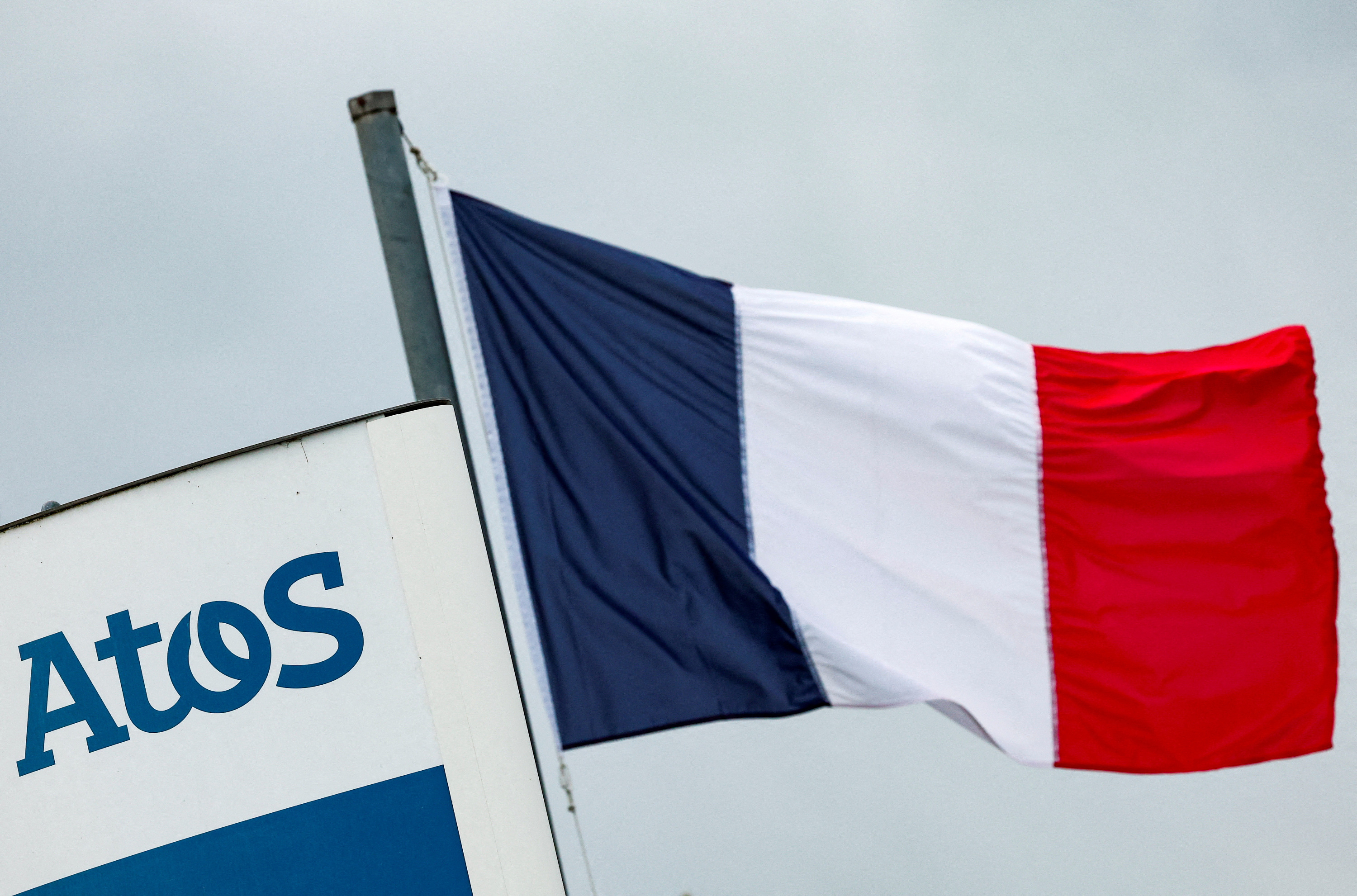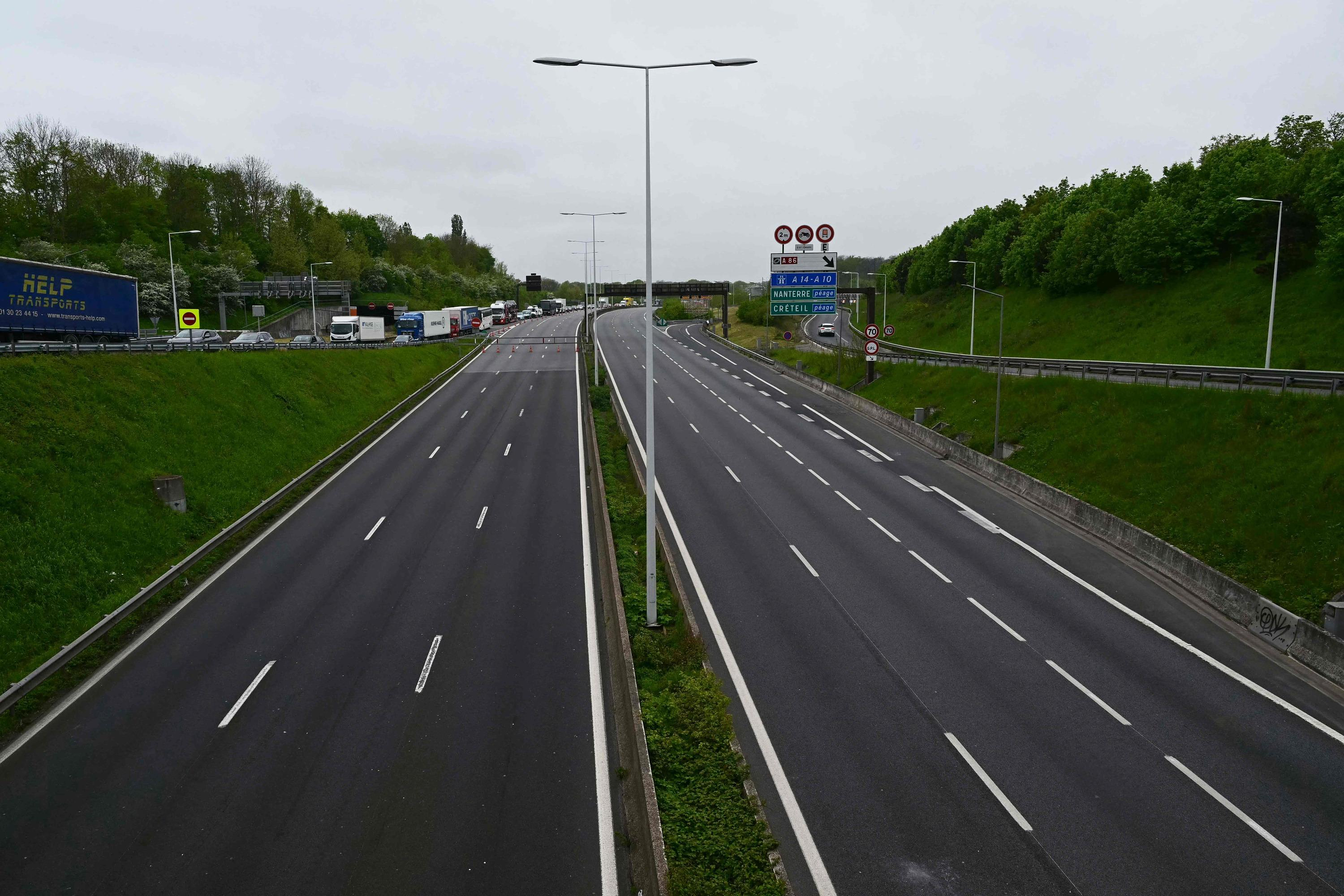A maritime corridor to help Gazans. During his State of the Union address on March 6, the President of the United States announced that he was ordering his army to conduct an “emergency mission” to establish a temporary port in the Gaza Strip. The objective is to facilitate the delivery of humanitarian aid, while the 2.5 million people confined there are threatened by increasing famine. Humanitarian aid “cannot be a secondary consideration or a bargaining chip,” Joe Biden once again insisted. The European Union immediately announced its support for this operation.
The objective of this “temporary port” is to accommodate “large ships carrying food, water, medicine and temporary shelter,” the President of the United States further said. Concretely, the humanitarian aid will be shipped from the port of Larnaca, in Cyprus, by boat. It will then be unloaded some 400 kilometers to the South, in the Gazan enclave, on the docks of a temporary construction assembled on board the transit boats. This construction would then allow hundreds of trucks to supply the enclave every day via this floating jetty.
The proposal to establish a maritime corridor had already been put forward by Cyprus in December 2023, without Israel taking any concrete action. The situation has changed with the catastrophic deterioration of the humanitarian situation in Gaza. Humanitarian aid currently reaching the area is mainly transported by land. The convoys that circulate there, however, are not numerous enough and are regularly attacked or hijacked by criminal gangs. On February 29, several dozen starving Palestinians were killed during a hunger riot during which the Israeli army opened fire on the crowd.
According to Cogat, the branch of the Israeli army in charge of the administration of the Occupied Territories, which manages the entry of convoys into the Gaza Strip, only 126 trucks were able to enter the Gaza Strip on March 1. NGOs estimate that around 500 per day would be needed to meet the basic needs of Gazans. Air drops of food are also organized, but they are considered ineffective by aid professionals.
This technical solution, which would then make it possible to transport more trucks without requiring a “ground deployment of American troops”, insisted Joe Biden, “would change the situation in the humanitarian situation”, points out the doctor in political science. David Rigoulet-Roze. The operation allows the Americans to put “pressure on Israel”, the specialist further analyzes, while Joe Biden has been calling for the establishment of an immediate ceasefire for several weeks.
The effectiveness of such a measure, however, remains to be demonstrated, while the key issue remains the equitable delivery of these provisions to Gazans, “which remains a prerogative of the Jewish state,” according to the researcher. Israeli controls and repeated looting are currently slowing down food distribution.
The initiative also has a strong geopolitical dimension: it would be the first time in twenty years that boats would enter the territorial waters of the enclave since Hamas came to power. “The United States would then be in Gazan territorial waters, which de facto represents a break in the Israeli blockade,” points out David Rigoulet-Roze. The Jewish State cannot, however, oppose this American initiative, given the humanitarian situation.
This American intervention is part of the Anglo-Saxon “thalassocratic culture”, says the specialist. “All things being equal, this is reminiscent of the artificial bridges of 1944 and the American capacity to project land infrastructure at sea,” he continues, in reference to the bridges prefabricated by the United States in June 1944 to allow the Allies to be supplied in the days following the Normandy landings.
Such an initiative also takes an eminently political turn with the approach of the American presidential election, adds the researcher. “Joe Biden must mobilize his troops in view of the presidential election in November 2024. He cannot afford the abstention of certain Democratic voters - like in Michigan - during the next votes for the primaries, which could cost him dearly. » Clearly, the president is seeking to prove that he supports Israel, “but not under any conditions.”

 B:SM will break its investment record this year with 62 million euros
B:SM will break its investment record this year with 62 million euros War in Ukraine: when kyiv attacks Russia with inflatable balloons loaded with explosives
War in Ukraine: when kyiv attacks Russia with inflatable balloons loaded with explosives United States: divided on the question of presidential immunity, the Supreme Court offers respite to Trump
United States: divided on the question of presidential immunity, the Supreme Court offers respite to Trump Maurizio Molinari: “the Scurati affair, a European injury”
Maurizio Molinari: “the Scurati affair, a European injury” Inflation rises to 3.3% in April and core inflation moderates to 2.9%
Inflation rises to 3.3% in April and core inflation moderates to 2.9% Pedro Sánchez announces that he continues "with more strength" as president of the Government
Pedro Sánchez announces that he continues "with more strength" as president of the Government Irritable bowel syndrome: the effectiveness of low-carbohydrate diets is confirmed
Irritable bowel syndrome: the effectiveness of low-carbohydrate diets is confirmed Beware of the three main sources of poisoning in children
Beware of the three main sources of poisoning in children Relief at Bercy: Moody’s does not sanction France
Relief at Bercy: Moody’s does not sanction France More than 10 million holders, 100 billion euros: the Retirement Savings Plan is a hit
More than 10 million holders, 100 billion euros: the Retirement Savings Plan is a hit Paris 2024 Olympic Games: the extension of line 14 will open “at the end of June”, confirms Valérie Pécresse
Paris 2024 Olympic Games: the extension of line 14 will open “at the end of June”, confirms Valérie Pécresse Failing ventilators: Philips to pay $1.1 billion after complaints in the United States
Failing ventilators: Philips to pay $1.1 billion after complaints in the United States The Cannes Film Festival welcomes Omar Sy, Eva Green and Kore-Eda to its jury
The Cannes Film Festival welcomes Omar Sy, Eva Green and Kore-Eda to its jury Prisoner in Israel, a Palestinian receives the International Prize for Arab Fiction
Prisoner in Israel, a Palestinian receives the International Prize for Arab Fiction Harvey Weinstein, the former American producer hospitalized in New York
Harvey Weinstein, the former American producer hospitalized in New York New success for Zendaya, tops the North American box office with Challengers
New success for Zendaya, tops the North American box office with Challengers Skoda Kodiaq 2024: a 'beast' plug-in hybrid SUV
Skoda Kodiaq 2024: a 'beast' plug-in hybrid SUV Tesla launches a new Model Y with 600 km of autonomy at a "more accessible price"
Tesla launches a new Model Y with 600 km of autonomy at a "more accessible price" The 10 best-selling cars in March 2024 in Spain: sales fall due to Easter
The 10 best-selling cars in March 2024 in Spain: sales fall due to Easter A private jet company buys more than 100 flying cars
A private jet company buys more than 100 flying cars This is how housing prices have changed in Spain in the last decade
This is how housing prices have changed in Spain in the last decade The home mortgage firm drops 10% in January and interest soars to 3.46%
The home mortgage firm drops 10% in January and interest soars to 3.46% The jewel of the Rocío de Nagüeles urbanization: a dream villa in Marbella
The jewel of the Rocío de Nagüeles urbanization: a dream villa in Marbella Rental prices grow by 7.3% in February: where does it go up and where does it go down?
Rental prices grow by 7.3% in February: where does it go up and where does it go down? Europeans: a senior official on the National Rally list
Europeans: a senior official on the National Rally list Blockade of Sciences Po: the right denounces a “drift”, the government charges the rebels
Blockade of Sciences Po: the right denounces a “drift”, the government charges the rebels Even on a mission for NATO, the Charles-de-Gaulle remains under French control, Lecornu responds to Mélenchon
Even on a mission for NATO, the Charles-de-Gaulle remains under French control, Lecornu responds to Mélenchon “Deadly Europe”, “economic decline”, immigration… What to remember from Emmanuel Macron’s speech at the Sorbonne
“Deadly Europe”, “economic decline”, immigration… What to remember from Emmanuel Macron’s speech at the Sorbonne These French cities that will boycott the World Cup in Qatar
These French cities that will boycott the World Cup in Qatar NBA: young Thunder coach Mark Daigneault named coach of the year
NBA: young Thunder coach Mark Daigneault named coach of the year Athletics: Noah Lyles in legs in Bermuda
Athletics: Noah Lyles in legs in Bermuda Serie A: Dumfries celebrates Inter Milan title with humiliating sign towards Hernandez
Serie A: Dumfries celebrates Inter Milan title with humiliating sign towards Hernandez Tennis: no pity for Sorribes, Swiatek is in the quarterfinals in Madrid
Tennis: no pity for Sorribes, Swiatek is in the quarterfinals in Madrid

















